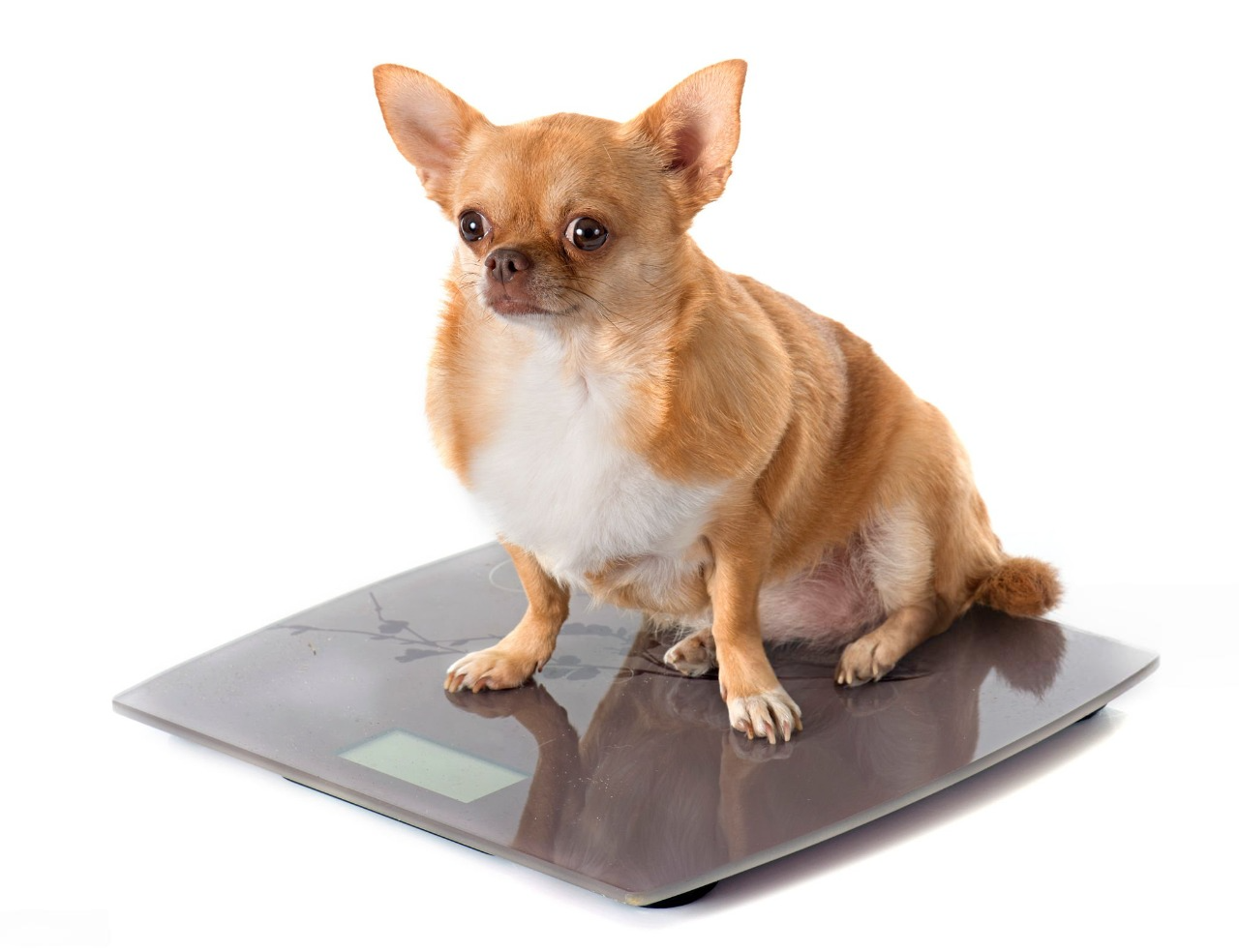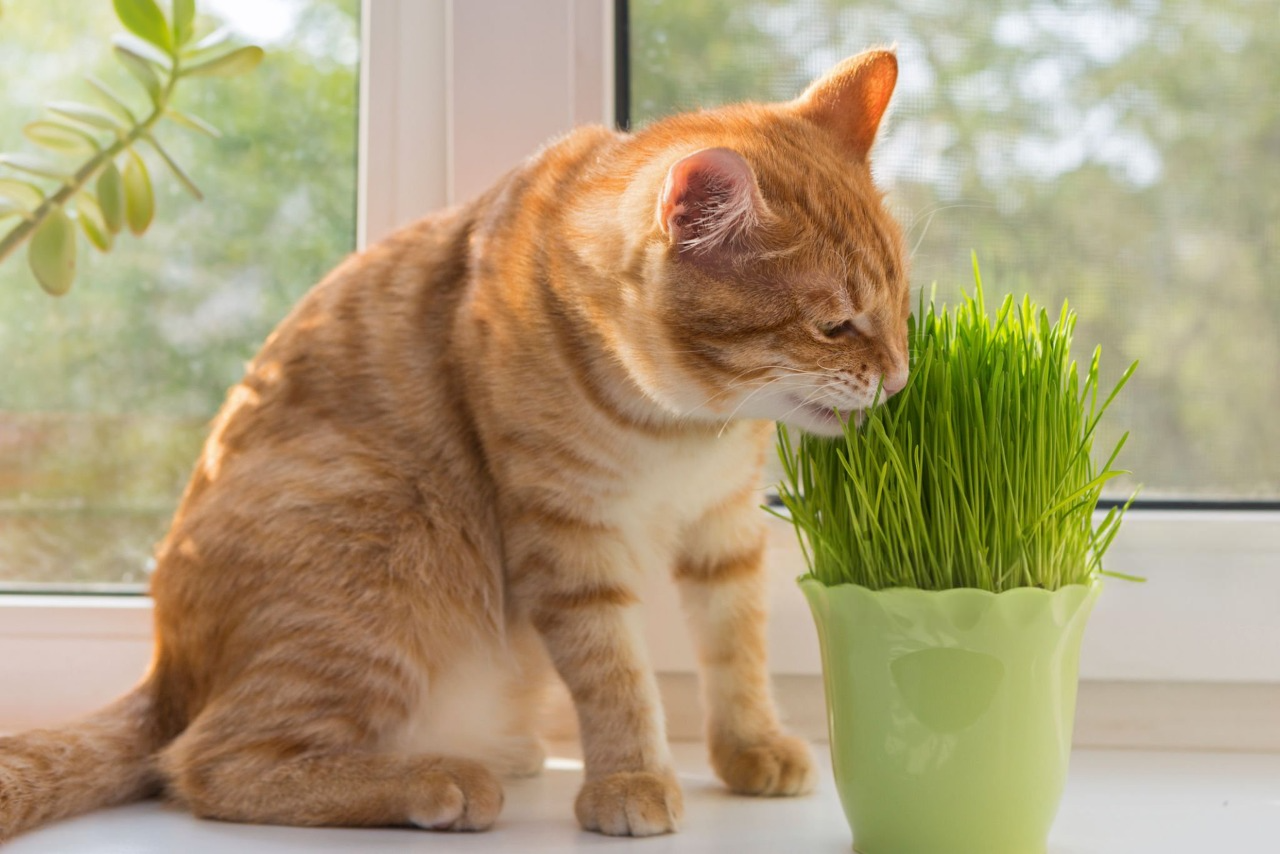It’s completely normal to feel overwhelmed or anxious after bringing a new puppy into your home. The “puppy blues” are real, but with the right support and strategies, you can adjust to this exciting new chapter in your life.
Bringing a new puppy into your home is a dream come true for many, but it’s not always as easy as it seems. Along with the excitement, it’s common to feel a mix of sadness, anxiety, or even being overwhelmed after the initial thrill fades. If you’re experiencing the “puppy blues,” you’re not alone, and it doesn’t mean you’re not cut out for pet parenthood.
Many new puppy owners face these emotional challenges as they adjust to the significant lifestyle changes a new puppy brings. We’ve spoken with experienced pet parents who have overcome these feelings and gathered expert advice on how to cope.
What Are the Puppy Blues?
The puppy blues describe feelings of sadness and anxiety that some pet owners experience after bringing home a new pup. You may feel drained and start questioning your ability to handle the responsibility. These emotions are often caused by several factors, such as:
- The overwhelming responsibility of caring for a puppy
- Disruptions to your routine and social life
- Lack of sleep due to early puppyhood demands
- Accidents or damage around the house, like chewed furniture
- Feeling unprepared for the challenges
- Training difficulties taking longer than expected
- A lack of understanding about what raising a puppy entails
These feelings usually emerge after the excitement fades and reality sets in, as experienced by Emily Jenkins, a dog parent of Chai. “At first, I was thrilled, but after a week, anxiety and sadness started creeping in,” says Jenkins. “All I could focus on were the problems my puppy was causing me.”
Remember, the puppy blues are a normal reaction to big changes, and they don’t reflect your ability to be a loving pet parent.
How Long Do the Puppy Blues Last?
The duration of the puppy blues varies from person to person, explains Alexandra Bassett, CPDT-KA, a professional dog trainer. Factors such as your puppy’s temperament, your support system, and your schedule all influence how long the emotional dip lasts. In general, as your puppy grows, learns, and responds to training, life tends to get easier.
For Lenox Soto, the puppy blues didn’t last long. “At first, I felt overwhelmed by the constant work, but I quickly adjusted and now he’s my best buddy.” On the other hand, Jenkins’ experience was a bit longer. “It took until Chai was seven months old before I stopped regretting my decision and started truly enjoying her company.”

Tips for Navigating the Puppy Blues
If you’re going through the puppy blues, there are steps you can take to improve your situation. Here are some strategies to help you cope:
Start Training Early
It can be tempting to wait until your puppy settles in before starting training, but the sooner you start, the better. Early training helps prevent bad habits and sets the foundation for good behavior. Whether it’s crate training, potty training, or basic commands like “sit” and “stay,” establishing clear boundaries early on can make your life easier.
Puppy classes are another great option. “Puppy classes were a game-changer for Chai and me,” says Jenkins. “I learned so much, and Chai picked up important skills.”
Stick to a Routine
Creating a daily routine helps your puppy know what to expect and brings structure to your life. Having set times for meals, play, and potty breaks helps reduce confusion and misbehavior, making your days smoother.
Use Helpful Tools
Behavior management tools like crates, playpens, and baby gates are essential for your success. These tools help keep your puppy safe and prevent accidents or destructive behavior when you’re not watching closely. Soto found that using these tools made a big difference: “They gave me a break and helped me feel more relaxed.”
Puppy-Proof Your Home
Puppies are naturally curious, and they can get into things they shouldn’t. Take a few moments to remove hazards like electrical cords, cleaning supplies, and small objects that could be harmful. This will save you stress and ensure your puppy’s safety.
Seek Support from Other Pet Parents
It’s helpful to talk to others who understand what you’re going through. Reach out to friends or join online communities where you can share experiences and get advice. Having someone step in to help occasionally can also give you a much-needed break.
Celebrate Small Wins
Puppyhood can feel overwhelming at times, but focusing on small victories—like potty training success or your puppy sleeping through the night—can help boost your mood. These are signs that things are improving, even if it doesn’t feel like it at first.
Take Care of Yourself
Remember to prioritize your own well-being. Sleep, healthy meals, exercise, and doing something you enjoy are all important for managing stress. Jenkins shares, “Once I started caring for myself, I noticed a lasting improvement in my relationship with Chai. I realized I couldn’t take care of her if I wasn’t taking care of myself.”
Give Yourself Grace
Raising a puppy is a big responsibility, and it’s okay to have tough moments. Be kind to yourself and acknowledge that it’s normal to experience ups and downs. The puppy blues won’t last forever, and soon, you’ll find yourself enjoying the bond with your new best friend.
By following these steps and being patient with yourself and your puppy, you’ll be on your way to building a fulfilling and joyful relationship with your new companion.

“A blog for pet lovers” is a dedicated space where animal enthusiasts can explore tips, stories, and expert advice on pet care, training, health, and more. Whether you’re a dog person, a cat lover, or someone who adores all animals, this blog offers a warm and engaging community for you to connect, learn, and celebrate the joy of having pets…







